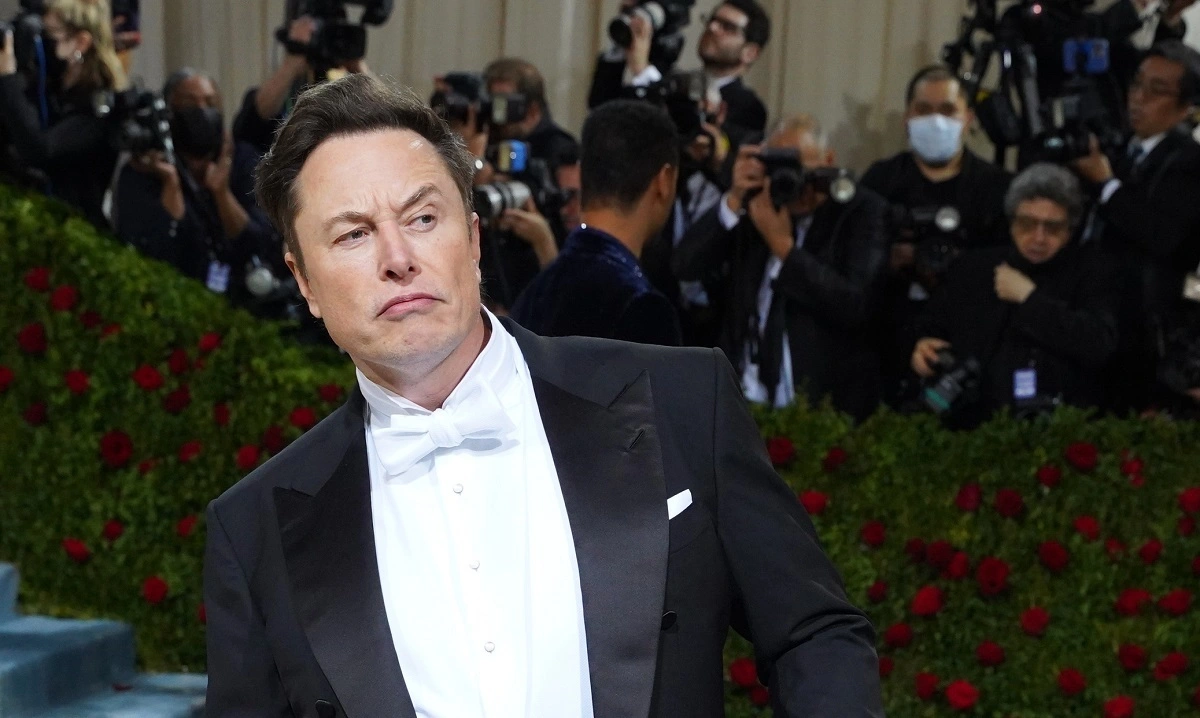It's intentional in the sense that they all involve intangible works of the mind and are only "property" in the legal system due to developments much, much later than the "I'll bash you with a club if take my food" or the "I'll stab you with a spear if occupy my farm" social contracts of personal and real property. It was very useful for those learning the law.
You're right that they do very different things in society though, and it's not particularly helpful outside the legal profession to bundle them so tightly together. Trademarks in particular should only protect branding and identity and when not abused provide a pretty valuable direct service for consumers in that you know who you're dealing with.
The other two protect creators and therefore indirectly promise to "encourage innovation" that should benefit everyone, but they're literally nothing more than legalized, if limited, monopolies. As Disney has shown though, you can smear the edges of copyright and trademark until they start to blend together.


